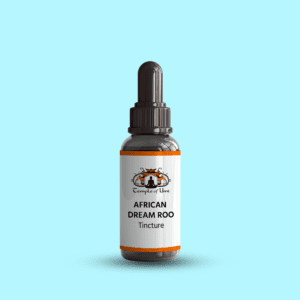Ayahuasca in traditional medicine
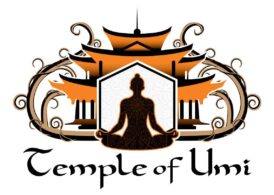
By Temple of Umi
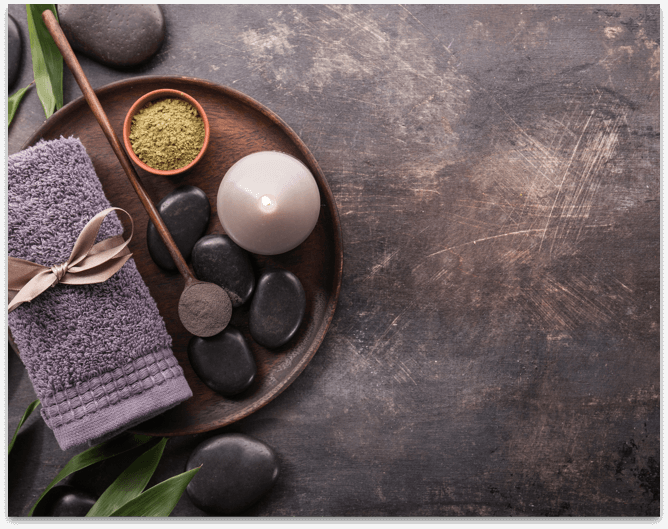
Table of Contents
Explore the ancient roots and transformative power of Ayahuasca in traditional medicine. Dive into its cultural significance and healing potential in a respectful and ethical manner
Introduction
A brief overview of Ayahuasca: Its origins and traditional use
Ayahuasca, a potent brew with deep roots in the spiritual and medicinal practices of indigenous Amazonian tribes, has fascinated people around the globe. Crafted from the Banisteriopsis caapi vine and the Psychotria viridis leaf, this entheogenic concoction has been utilized for centuries, primarily for its powerful psychoactive properties. Traditional use encompasses spiritual ceremonies aimed at healing, divination, and connecting with the spiritual world.
Importance of Ayahuasca in indigenous cultures
For indigenous cultures, Ayahuasca is more than a psychoactive brew; it’s a bridge to the spiritual realm, offering insight, healing, and guidance. The significance of Ayahuasca in these communities cannot be overstated—it’s woven into the fabric of their cultural identity, embodying their deep connection with nature and the universe. Its role extends beyond mere medicine, serving as a spiritual guide for communities, fostering a sense of unity and understanding essential to their way of life.
The Historical Roots of Ayahuasca
Ayahuasca’s origins in the Amazonian tribes
The origins of Ayahuasca trace back thousands of years, with evidence suggesting its use by Amazonian tribes as far back as 1000 B.C. Initially, its use was deeply shrouded in mysticism, integral to religious and healing ceremonies that sought to connect the physical and spiritual worlds. Through oral traditions and archaeological evidence, we’ve glimpsed Ayahuasca’s profound role in these ancient societies.
Evolution of Ayahuasca use over the centuries.
Over centuries, the use of Ayahuasca has evolved, spreading beyond the Amazon and into the global consciousness. As indigenous people shared their sacred practices with the world, the brew’s application broadened, intersecting with modern psychotherapy and spirituality. This evolution highlights the adaptability of Ayahuasca’s use, demonstrating its timeless relevance and the universal quest for understanding and healing.
Ayahuasca’s Components and Their Effects
Key ingredients of the Ayahuasca brew
Ayahuasca’s power lies in its ingredients; the Banisteriopsis caapi vine provides harmala alkaloids and MAO inhibitors that allow the psychedelic properties of N, N-Dimethyltryptamine (DMT) from the Psychotria viridis leaves to take effect. This combination induces profound changes in consciousness, offering users experiences of introspection and spiritual revelations.
Scientific breakdown: How Ayahuasca affects the human brain
Scientifically, Ayahuasca stimulates the serotonin receptors in the brain, akin to how serotonin functions. This interaction leads to an altered state of consciousness, characterized by vivid visions, emotional revelations, and a sense of interconnectedness. Research suggests these effects can be therapeutic, potentially aiding in the treatment of depression, anxiety, and PTSD by fostering a profound psychological introspection and emotional catharsis.
Ayahuasca in Traditional Healing Practices
Ritualistic use of Ayahuasca in healing ceremonies
In traditional healing practices, Ayahuasca is more than a medicine; it’s a ceremonial tool that facilitates the journey of healing and self-discovery. Conducted by a shaman or a knowledgeable healer, these rituals are carefully designed to navigate the spiritual dimension, seeking insights and guidance from the spirit world to address physical, mental, and spiritual ailments.
Types of ailments treated with Ayahuasca in traditional medicine
Traditionally, Ayahuasca has been used to treat a wide array of ailments, ranging from the physical to the profoundly spiritual. It’s been employed to address everything from addiction and depression to spiritual malaise and existential crises. The holistic approach of traditional medicine views healing as a comprehensive process, where Ayahuasca catalyzes emotional, psychological, and physical restoration.
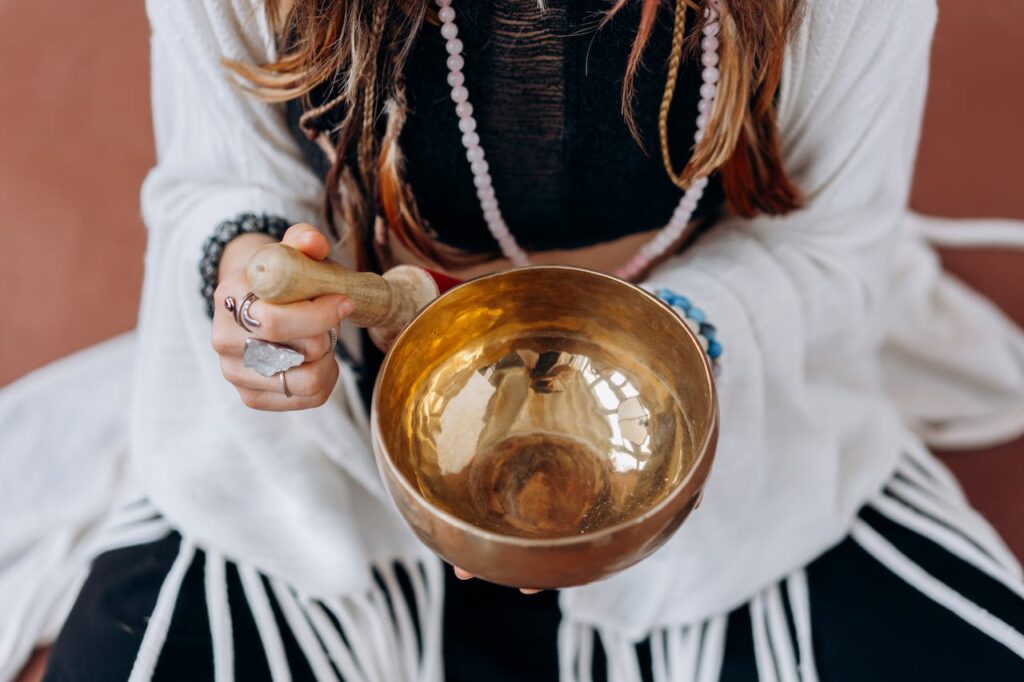
The Spiritual and Psychological Dimensions of Ayahuasca
Ayahuasca, a traditional Amazonian brew, is revered for its profound impact on spiritual and psychological well-being. This potent concoction, used for centuries by indigenous tribes, has crossed cultural boundaries, intriguing those searching for spiritual awakening and emotional healing. Here, we delve into Ayahuasca’s spiritual and psychological aspects, exploring how it continues to influence lives beyond its traditional roots.
Ayahuasca’s Role in Spiritual Awakening and Enlightenment
- Journey to the Inner Self: Ayahuasca is believed to open the mind, allowing users to explore their inner consciousness, leading to profound spiritual revelations and a sense of connectedness with the universe.
- Enlightenment Experiences: Many report experiencing life-changing insights about their purpose and existence, often leading to significant shifts in perspective and life choices.
- Cultural and Ritual Significance: Traditionally, Ayahuasca ceremonies are led by experienced shamans, who guide participants through their spiritual journey, emphasizing the brew’s sacred nature.
Emotional Healing and Psychological Benefits Reported by Users
- Therapeutic Insights: Users often describe facing and processing deep-seated emotional issues, traumas, and fears, leading to cathartic healing experiences.
- Enhanced Self-Awareness and Emotional Intelligence: Regular participants note improvements in understanding their emotions and behaviors, fostering personal growth.
- Mental Health Improvements: Preliminary research and anecdotal evidence suggest Ayahuasca may offer benefits for treating depression, anxiety, and PTSD, highlighting its potential as a tool for psychological healing.
Challenges and Controversies Surrounding Ayahuasca
Despite its potential benefits, Ayahuasca’s journey into the global consciousness has not been without hurdles. Legal issues and health concerns pose significant challenges to its acceptance and use.
Legal Status of Ayahuasca Around the World
- Varied Legal Frameworks: The legality of Ayahuasca varies widely, with some countries allowing its use in religious or therapeutic contexts, while others prohibit it altogether.
- International Debates: The global community remains divided on classifying Ayahuasca, leading to complex legal and ethical debates.
Health Risks and Potential Side Effects
- Physical Reactions: The intense experience can lead to nausea, vomiting, and other physical side effects, which, while generally temporary, can be uncomfortable.
- Psychological Impact: Without proper guidance, intense psychological experiences can be overwhelming, emphasizing the need for experienced supervision during use.
Ayahuasca’s Influence on Modern Medicine and Therapy
The intrigue surrounding Ayahuasca has not escaped the notice of Western scientists and therapists, who are keenly exploring its potential therapeutic applications.
Interest in Ayahuasca Among Western Scientists and Therapists
- Cross-cultural Research: A growing number of studies are investigating Ayahuasca’s effects on the brain and psyche to understand its potential benefits and mechanisms of action.
- Integrative Therapies: Some therapists are exploring how Ayahuasca can complement traditional psychotherapy, particularly for treatment-resistant conditions.
Potential Therapeutic Benefits and Areas of Ongoing Research
- Mental Health Applications: Early research indicates promising results for Ayahuasca in treating various mental health issues, including depression, anxiety, and addiction.
- Neuroscientific Insights: Studies are beginning to unveil how Ayahuasca may facilitate neuroplasticity and enhance emotional resilience, offering exciting avenues for future research.
In conclusion, while Ayahuasca’s journey from traditional medicine to a subject of global interest is fraught with challenges and controversies, its potential for spiritual enlightenment, emotional healing, and therapeutic application continues to captivate researchers, therapists, and seekers alike. As our understanding deepens, it’s crucial to navigate the complexities of its use with respect, caution, and an open mind.
Ethical Considerations and Cultural Respect
In the journey to understand and incorporate Ayahuasca into broader healing practices, navigating the terrain with the utmost respect and ethical consideration is paramount. Ayahuasca, a brew with deep roots in the spiritual and medicinal traditions of Indigenous peoples in the Amazon basin, offers not just a psychedelic experience but a gateway to understanding the intricate relationship between nature, medicine, and spirituality. Here are the critical points to consider:
- Respecting Indigenous Knowledge and Practices
- Acknowledge the sacredness of Ayahuasca to the Indigenous communities and the centuries-old wisdom it embodies.
- Ensure that any use of Ayahuasca outside its traditional context does not exploit or diminish its cultural significance.
- Engage with Indigenous healers and custodians of this knowledge through a lens of humility and learning, recognizing their authority and expertise in its use.
- Ethical Considerations in the Use and Study of Ayahuasca
- Prioritize all participants’ well-being and informed consent in Ayahuasca ceremonies or research.
- Support sustainability efforts to protect and preserve the Ayahuasca vine and the Amazon rainforest, its natural habitat.
- Foster equitable partnerships with Indigenous communities, ensuring they benefit from any commercial or scientific advancements related to Ayahuasca.
- Uphold rigorous scientific standards in studying Ayahuasca’s therapeutic potential while being sensitive to cultural dimensions.
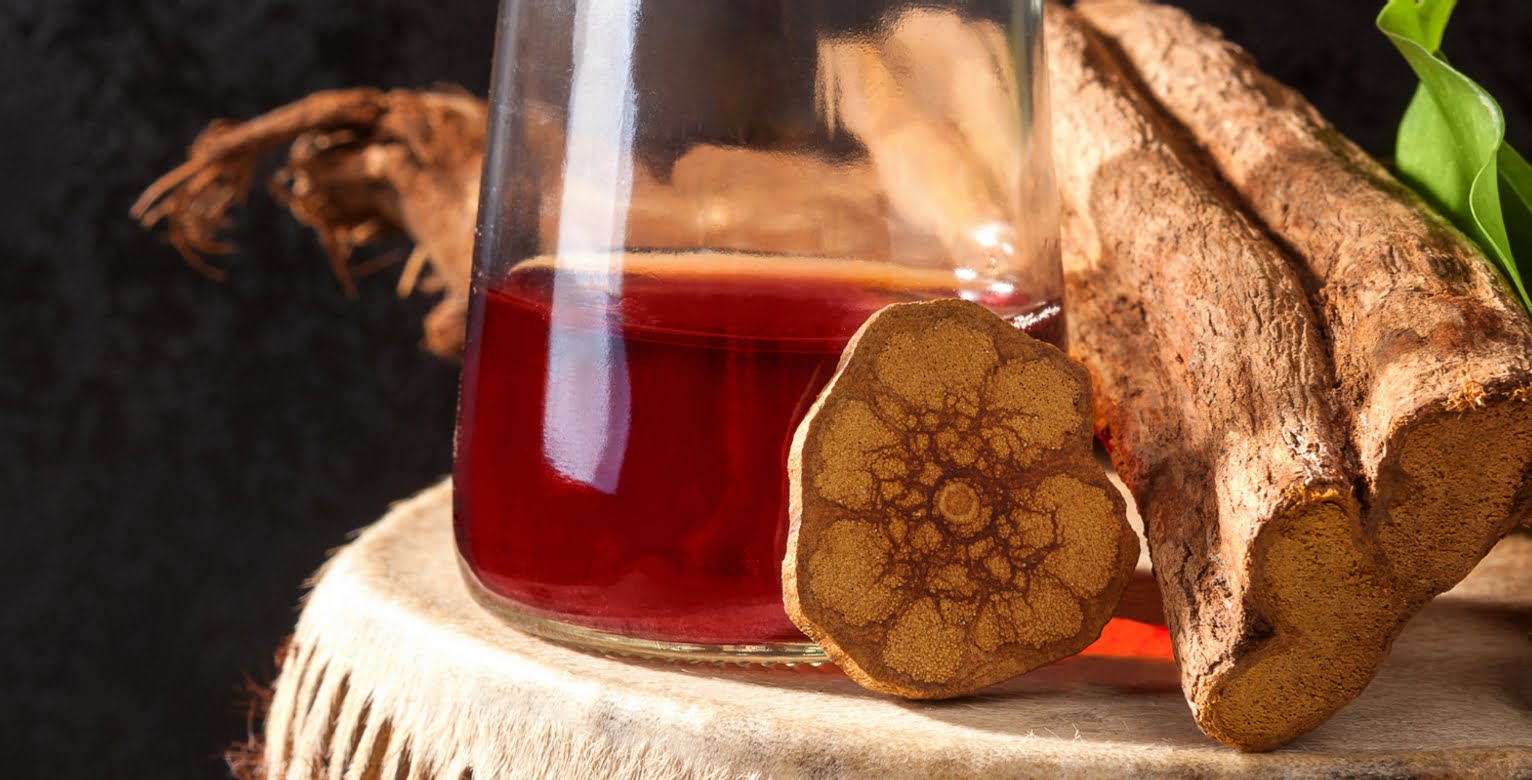
Final words
As we reflect on Ayahuasca’s profound significance in traditional medicine, its role extends beyond mere symptom treatment to encompass a holistic approach to healing, emphasizing balance and integration of the physical, mental, and spiritual aspects of being. The insights from its traditional use illuminate a path forward for integrating ancient wisdom with modern therapeutic practices, potentially offering new avenues for addressing complex health challenges.
The prospects of Ayahuasca in healing and therapy are promising yet warrant a careful, respectful approach that honors its origins and the communities that have stewarded this knowledge for generations. By embracing these ethical and cultural considerations, we pave the way for a future where Ayahuasca’s full potential can be realized in a beneficial, respectful, and sustainable manner for all involved.
- What is Ayahuasca?
- Where to get Ayahuasca in the USA
- Top Ayahuasca retreats in the USA. Learn more.
- Cost of Ayahuasca Retreat: Balancing Cost and Experience. Learn more.
- What is trauma bonding?
- A Journey into the Healing Properties of Psychedelic Mushrooms. Learn more.
- Ayahuasca Retreat Georgia – Experience Spiritual Awakening
- Spiritual Retreats Georgia
- Shaman in America Exploration
- Shamanism – Shamanic healing
- Sacred Plant Medicine Retreats in Georgia
- 5 Ayahuasca Retreats in California Worth Exploring
- 7 Best Aya Retreats in America. Click here.
- Mcdonough Ayahuasca retreat
- Conley Ayahuasca retreat
- Whitesburg Ayahuasca retreat
- Brooks Ayahuasca retreat
- Gay Ayahuasca retreat
- Williamson Ayahuasca retreat
- Orchard Hill Ayahuasca retreat
- Glenn Ayahuasca retreat
- Luthersville Ayahuasca retreat
- Shady Dale Ayahuasca retreat
- Bowdon Junction Ayahuasca retreat
- Sargent Ayahuasca retreat
- Greenville Ayahuasca retreat
- Lovejoy Ayahuasca retreat
- Winston Ayahuasca retreat
- Rutledge Ayahuasca retreat
- Moreland Ayahuasca retreat
- Molena Ayahuasca retreat
- Lebanon Ayahuasca retreat
- Good Hope Ayahuasca retreat
- Haralson Ayahuasca retreat
- An Inclusive List of Psychedelic Quotes
- Mount Ayahuasca retreat
- Grantville Ayahuasca retreat
- Pine Lake Retreat near
- Rydal Ayahuasca retreat
- Porterdale Ayahuasca retreat
- Waco Ayahuasca retreat
- Temple Ayahuasca retreat
- Bethlehem Ayahuasca retreat
- Jenkinsburg Ayahuasca retreat
- Adairsville Ayahuasca retreat
- Red Oak Ayahuasca retreat
- Woodbury Ayahuasca retreat
- Cassville Ayahuasca retreat
- Redan Ayahuasca retreat
- North Decatur Ayahuasca retreat
- Grantville Ayahuasca retreat
- Hillsboro Ayahuasca retreat
- Jackson Ayahuasca retreat
- Braselton Ayahuasca retreat
- Zebulon Ayahuasca retreat
- Flovilla Ayahuasca retreat
- Auburn Ayahuasca retreat
- Warm Springs Ayahuasca retreat
- Scottdale Ayahuasca retreat
- Lithia Springs Ayahuasca retreat
- Villa Rica Ayahuasca retreat
- Grayson Ayahuasca retreat
- Sunny Side Ayahuasca retreat
- Senoia Ayahuasca retreat
- Locust Grove Ayahuasca retreat
- Chamblee Ayahuasca retreat
- Fairburn Ayahuasca retreat
- Snellville Ayahuasca retreat
- Monticello Ayahuasca retreat
- Union City Ayahuasca retreat
- Tallapoosa Ayahuasca retreat
- Bremen Ayahuasca retreat
- Hampton Ayahuasca retreat
- Monroe Ayahuasca retreat
- Marble Hill Ayahuasca retreat
- Madison Ayahuasca retreat
- Dawsonville Ayahuasca retreat
- Felton Ayahuasca retreat
- Concord Ayahuasca retreat
- Mansfield Ayahuasca retreat
- Taylorsville Ayahuasca retreat
- Roopville Ayahuasca retreat
- Turin Ayahuasca retreat
- Franklin Ayahuasca retreat
- Clarkdale Ayahuasca retreat
- Talking Rock Ayahuasca retreat
- Jersey Ayahuasca retreat
- Kingston Ayahuasca retreat
- Bostwick Ayahuasca retreat
- North Metro Ayahuasca retreat
- Meansville Ayahuasca retreat
- Social Circle Ayahuasca retreat
- White Ayahuasca retreat
- Rhode Island Ayahuasca retreat
- Maryland Ayahuasca retreat
- Delaware Ayahuasca retreat
- New Jersey Ayahuasca retreat
- Connecticut Ayahuasca retreat
- Massachusetts Ayahuasca retreat
- Hampshire Ayahuasca retreat
- Pennsylvania Ayahuasca retreat
- New York Ayahuasca retreat
- Florida Ayahuasca retreat
- South Carolina Ayahuasca Retreat
- North Carolina Ayahuasca Retreat
- West West Virginia Ayahuasca retreat
- Virginia Ayahuasca retreat
- Ohio Ayahuasca retreat
- Alabama Ayahuasca retreat
- Mississippi Ayahuasca retreat
- Tennessee Ayahuasca retreat
- Kentucky Ayahuasca retreat
- IndianaAyahuasca retreat
- ILLINOIS Ayahuasca retreat
- Missouri Ayahuasca retreat
- Arkansas Ayahuasca retreat
- Louisiana Ayahuasca retreat
- Texas Ayahuasca retreat
- Oklahoma Ayahuasca retreat
- KansasAyahuasca retreat
- Ayahuasca retreats near me in Experiment.
- A wellness retreat in Georgia
- What is Ayahuasca?
- Embark on a Journey of Transformation with Spiritual Healing
- Unveiling Healing Energy at the Temple of Umi
- 10 Energy Healing Techniques to Transform Your Life
- Where to get Ayahuasca in the USA
- Top Ayahuasca retreats in the USA. Learn more.
- Cost of Ayahuasca Retreat: Balancing Cost and Experience. Learn more.
- What is trauma bonding?
- A Journey into the Healing Properties of Psychedelic Mushrooms. Learn more.
- Ayahuasca Retreat Georgia – Experience Spiritual Awakening
- Spiritual Retreats Georgia
- Shaman in America Exploration
- Shamanism – Shamanic healing
- Shaman Healing Guide
- Ayahuasca ceremonies Ayahuasca ceremonies near you in the USA
- Ayahuasca Experience
- DMT Journey, Benefits, and Side Effects
- Iowaska – What is it?
- Plant medicine retreats in Georgia
- Why massage is beneficial, according to a cardiologist.
- Are mushrooms truffles – What Is a Truffle?
- 11 Best Ayahuasca Retreats in the USA for Spiritual Healing
- What is Rapé?
- What is a Tincture?
- Where to find Ayahuasca near me
- Healing retreats USA
- Best Retreats USA

